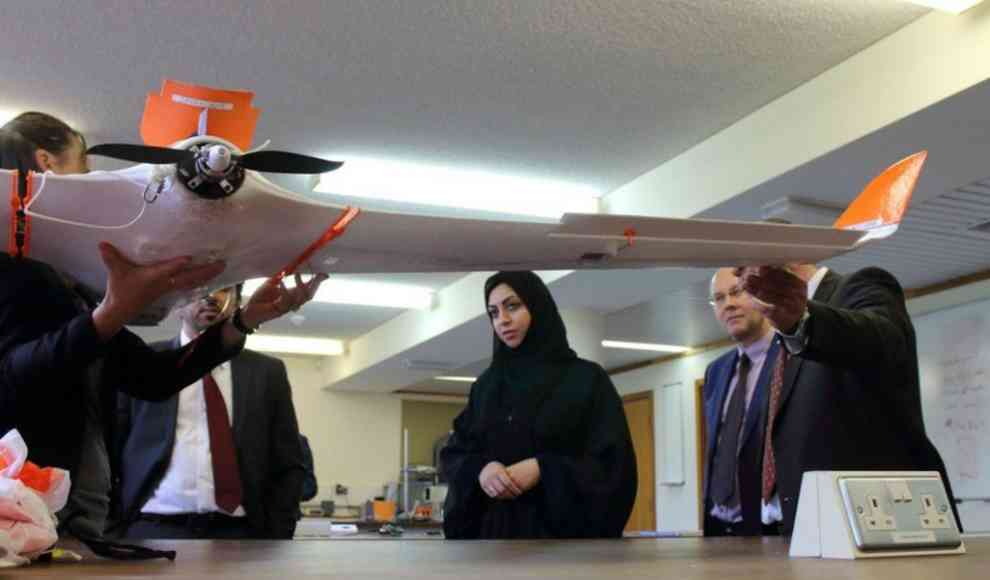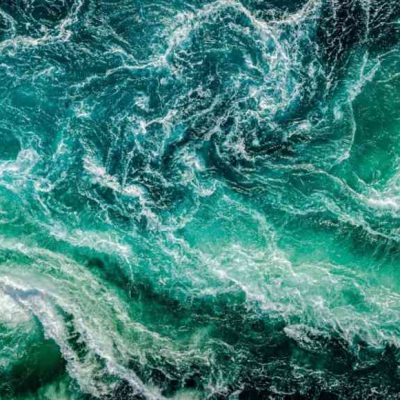The United Arab Emirates (UAE) is one of the driest places on earth, with an average rainfall of only 100 millimeters per year. This has led to a severe water shortage in the country, prompting the government to establish The UAE Research Program for Rain Enhancement Science (UAEREP) in the 1990s. The program provides financial support to scientists researching ways to enhance rainfall. In 2017, the UAE awarded $15 million in funding to nine rain enhancement projects. These projects aim to find ways to encourage clouds that do not release rain to do so.
One of the projects that the UAEREP is planning to test is a cloud-seeding technique that uses small drones to release low-power electric impulses into clouds. The impulses are designed to affect the balance of electric charge within cloud droplets, causing them to merge and become larger. The drones will fly at low altitudes and release an electric charge to air molecules, which will promote rainfall. The technique is less expensive than the current cloud-seeding method, which involves using airplanes to spray silver iodide into clouds.
According to Alya Al-Mazroui, the director of UAEREP, the drones will be equipped with instruments to emit electric charges and customized sensors. The electric forces will cause the charged cloud droplets to merge and become larger, eventually falling as rain when they are big enough. The project is expected to be tested soon by the University of Reading. The UAE is also exploring other unconventional methods to enhance rainfall, such as creating an artificial mountain to generate orographic rainfall.
In conclusion, the UAE is taking innovative steps to address its water shortage problem. The use of drones to enhance rainfall is a promising technique that could help the country to increase its water supply. The UAEREP’s support for research in this area is a testament to the government’s commitment to finding sustainable solutions to the country’s water scarcity.










